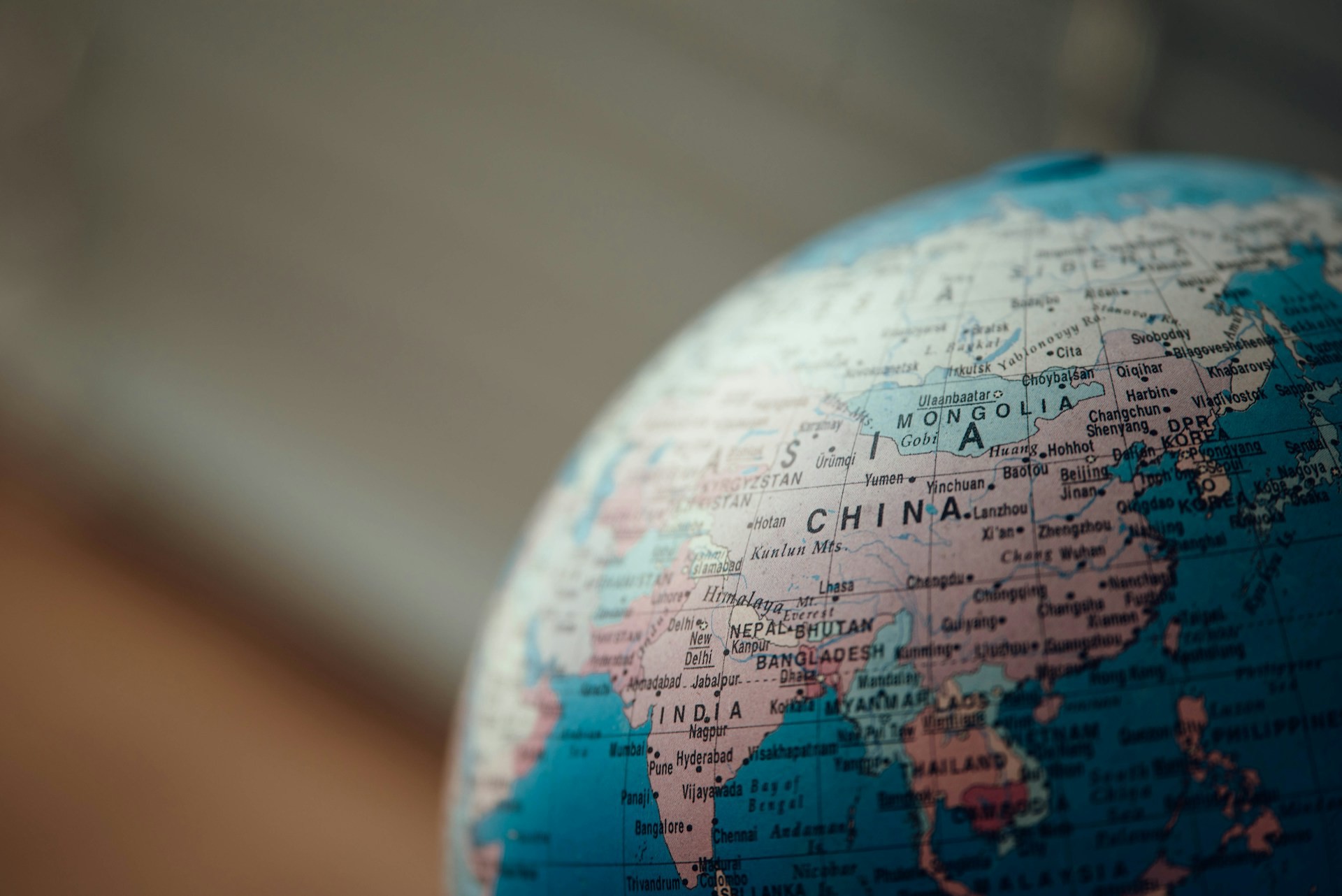Inter-Asia Seminar Series

The Inter-Asia Seminar Series is a new initiative at the London School of Economics and Political Science to promote inter-Asia dialogues on key regional affairs, hosted by the Saw Swee Hock Southeast Asia Centre and co-convened by Professor Chun Lin (Department of Government), Professor Bingchun Meng (Department of Media and Communications) and Professor Hyun Bang Shin (Department of Geography and Environment).
LSE Southeast Asia Blog: Learn more about the region's critical and pressing issues
Inter-Asia Seminars:
Wednesday 27 March 2024, 12:00pm-1:15pm
Seminar 1: Cold War and Asia Modernity
While many today use Cold War 2.0 to refer to the standoff between U.S. and China, it is worth remembering that the first Cold War never ended in Asia, as evidenced by the political situation on the Korean Peninsula and that surrounding the Taiwan Strait. How has Cold War figured into the (controversial) modernisation process of East and Southeast Asia as well as the various (critical) imaginaries of modernity across the regions? As discussions of decolonisation often predicate on the dichotomy of global North vs. global South, how should scholars of Asia position themselves in their conscious effort to reconfigure knowledge production?
Thursday 30 May 2024, 12:00pm-1:30pm
Seminar 2:
Youths across Asia face unprecedented challenges amidst compounded crises of climate change, geopolitical conflict, and socioeconomic inequality. This roundtable discussion delves into the precarious realities shaping their lives while also searching for manifestations of agency and signs of hope. Panelists will explore how youths in East Asia, South Asia, and Southeast Asia are reconceptualizing their social roles and political identities as they envision a future marked by great uncertainty.
Thursday 21 November 2024, 12:00pm-1:15pm
Seminar 3: Interrogating Asia’s Urban Futures
Asia is renowned for its rapid urbanization, yet this growth has unfolded unevenly across the region, affecting places and people in variegated ways. With urban expansion has come an increasing demand for natural resources, spurring extractive industries that significantly reshape natural landscapes. This urban growth has led to the transformation of rural lands into construction sites and the reclamation of swamps, lakes, and seas—changes most acutely felt in urban peripheries and coastal zones. An urgent question facing the region is how to plan and govern cities in the context of climate emergencies and whether the current pace of urbanization can continue without compromising the well-being of urban populations. Within this context, the panel brings together diverse perspectives to discuss the future of Asian cities, presenting some of their key arguments rooted in their latest research.
Tuesday 27 May 2025, 10:00am-4:00pm
Seminar 4: International Symposium on 70 Years Since the Bandung Conference
Bandung 1955 was a historical marker that broke the ground for third-world internationalism to develop against the logic of cold-war geopolitical monopoly. It preceded the non-aligned movement that expanded Asian-African solidarity to Latin America. 70 years on, where are we today concerning the legacies of Bandung, from decolonization to ‘the five principles of peaceful coexistence’? This seminar brings speakers from different parts of Asia to reflect on the trajectory and its regional and global lessons. Is the ‘Bandung spirit’ alive anymore? What is the ‘third world’ then and the ‘global south’ now? Where might we redefine visions for a tri-continental project in the enduring struggles against imperialism, colonialism, and variants of neoliberal globalization? How can we engage such a project critically and intellectually in a world of multiple crises?
Photo by CHUTTERSNAP on Unsplash